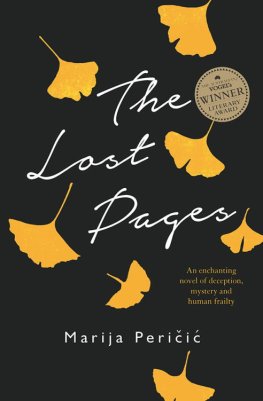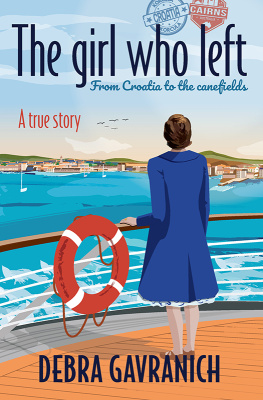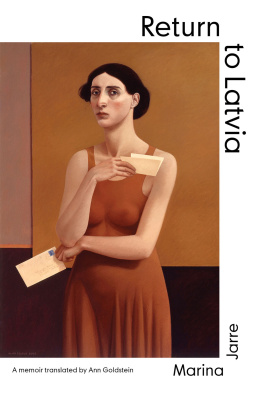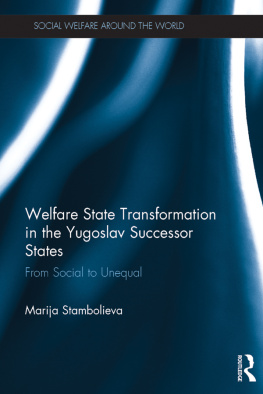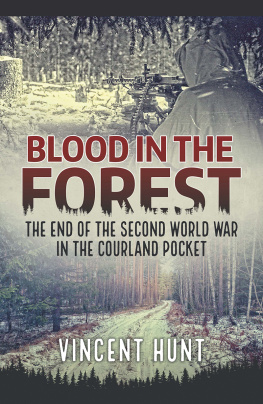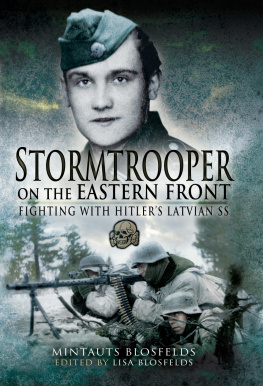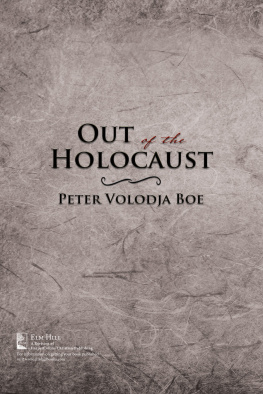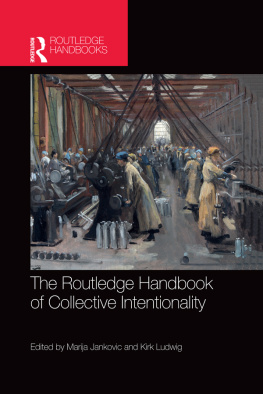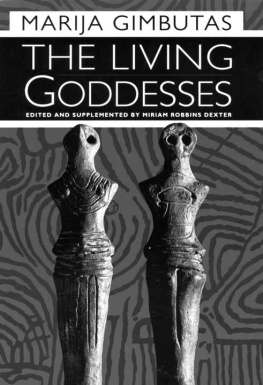Wide Eyes
A War Orphan Unlocks the Mystery of Her Latvian Roots after Seventy Years
Marija Platace Futchs Fine
Copyright 2016 by Marija Platace Futchs Fine.
Cover photo by Lauris Olups, Csis, Latvia, 2014
Library of Congress Control Number: 2016904084
ISBN: Hardcover 978-1-5144-3701-8
Softcover 978-1-5144-3700-1
eBook 978-1-5144-3699-8
All rights reserved. No part of this book may be reproduced or transmitted in any form or by any means, electronic or mechanical, including photocopying, recording, or by any information storage and retrieval system, without permission in writing from the copyright owner.
Any people depicted in stock imagery provided by Thinkstock are models, and such images are being used for illustrative purposes only.
Certain stock imagery Thinkstock.
Rev. date: 07/18/2016
Xlibris
1-888-795-4274
www.Xlibris.com
729520
CONTENTS
For Leonora
Family Names
T HERE ARE LATVIAN and Latgalian names for male and female family members. Each language has its own naming conventions. Most Latvian male names end in s (Jzeps, Jnis, Augusts), with occasional names ending in o (Otto). Latvian female names can end in either u or a (such as mine, Marija or Mariju). I also have a patronymic name; I can add a to my fathers name of Broislavs, which is Broislava. My father used my patronymic name a number of times when he searched for me, since he did so in Soviet times.
My mothers name is spelled three different ways in this narrative. Solomeja is the Latvian form of a Polish name. It appears as Solomeija, as well as Salomeja. The Germans spelled it Salomea. Her tombstone shows Solomeja, which is how I use it throughout this memoir.
A womans married name ends in e ; hence, my mothers name was Solomeja Platace. As my fathers daughter, I have the name Marija Platace. Male surnames end in s or is , so my fathers name is Broislavs Platacis.
Latgale, the region from which my family comes, has its own language. Names suggest gender as well as case. If the name ends in an a , it denotes a female (Plataa). However the family name of a female can end in s , (Platas). The u ending (Platau) denotes family of.
Nicknames end in a regardless of gender. Within my family, Malvnas nickname was Maa, oa was Leonora, Broka was Broislavs, Vita was Vitlijs, and e a was Helna.
Platacis Family Names
My family followed the tradition that many other Latvian families used, choosing the same given names for their children. The Platacis clan favored the names of Antons, Andris, and Jnis for boys. Popular girls names were Malvna, Helna, and Leonora.
This fondness for drawing on a limited bank of favorite names continued as grandparents and parents established second families. As a result, I have two Aunt Leonoras (one each on my mothers and fathers side), two Helnas (my grandmother and a cousin), and two Malvnas (my grandmother and an aunt). I also have two brothers and a nephew named Andris.
The Platacis family tree appears on page xviii, showing only twenty-seven of at least one hundred persons in my family, going back to great-great-great-grandfather Abrams Platacis of Saint Petersburg, Russia. This multigenerational memoir focuses on twelve persons. They include grandfather Augusts; his second wife, Helna; Augustss three brothers, Alberts, Antons, and Kazimirs; Augustss sons, Broislavs, Vitlijs, and Jzeps; and his daughters, Leonora and Malvna. My mother, Solomeja, and my fathers son from his second marriage, Andris, round out the remaining cast of characters. The daughters of my great-uncle, Monika and Jnina, come in for special mention in a later chapter.
Three relatives in this narrative are half relatives. Augustss second wife, Helna, was my step-grandmother. Their daughter, Leonora, is my half aunt. Andris Platacis, the son of my fathers second wife, is my half brother. But to my mind they are all family: grandmother, aunt, and brother. I will refer to them in that way in this narrative.
Alternate Spellings for Other Names
Augustss name is August when the Polish form of address, Pan, is used.
Balts refer to persons from Estonia, Latvia, and Lithuania.
Baltics can refer to the people or to the states they come from.
Dr. Bergfelds is another spelling for Dr. Bergfelde.
Rusiku sda appears as Rusiki village, or as just Rusiki. (The i replaces the u when sda is absent.)
Acronyms and Abbreviations
DP | displaced persons |
IRO | International Relief Organization |
ITS | International Tracing Service (a branch of UNESCO) |
LWF | Lutheran World Federation |
LWR | Lutheran World Relief |
NJLSS | New Jersey Lutheran Social Services |
NKVD | The Peoples Commissariat for Internal Affairs (The Soviet Unions secret police, the predecessor of the KGB) |
NLC | National Lutheran Council |
UNRRA | United Nations Relief and Rehabilitation Administration |
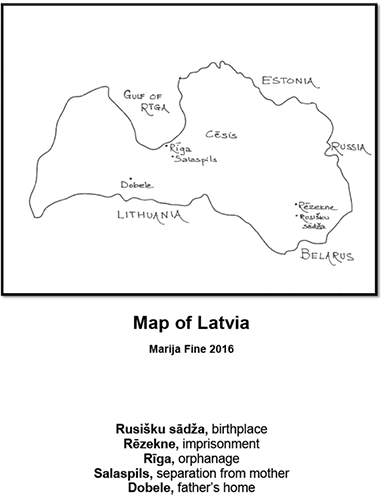
T HE FIRST SIX years of my life were a mystery waiting to be solved. Mine is a personal story that was buried by the political struggles of World War II. It would take seven decades before I could find out what happened in those years.
In 1949 I came to America at the age of six as a Soviet Latvian war orphan. When I arrived in the United States with seventy-five other Baltic children, my papers gave my name as Marija Platas. My birth date was May 30, 1943, and my place of birth was Andrupene, Latgale, Latvia. There was no way to verify any of that information. The Cold War between the United States and Russia precluded me from finding out who my birth parents were for half a century.
A clergyman, John Futchs, and his wife, Selma, adopted me. John and Selma were national Lutheran church leaders, both of them serving on national church boards. As a missionary for the Board of World Missions, Selma served as an English teacher at Tokyo Womens Christian University. After her return to the United States in 1941, she edited some national church publications. John Futchs served in parishes in Virginia, Pennsylvania, and Colorado, before becoming bishop of the Rocky Mountain Synod with its headquarters in Denver.
John and Selma worked with Johns brother, the Reverend Carl Futchs, to adopt me. Carl was social secretary of New Jersey Social Services, in charge of resettling Latvian refugees. I had stellar parents who urged me to be proud of my Latvian heritage, and at the same time, they helped me take steps to become an American citizen.
They arranged visits with the Latvian orphans I had known in the orphanage in Hahnenklee, Germany. They kept my name, Marija, only changing the j to y so people would pronounce my name as the Latvians would. They realized that with an unusual name like Mariya, people would ask its origin. They were right. When people heard my name, they would always say, That is a beautiful name, which opened up the conversation about my being an adopted Latvian orphan.
The one time I did search for information about my Latvian parents was when a college classmate in 1963 asked me to give her any information I might find for an article she was writing on my Latvian roots. I wrote to the mayor of the small town of Hahnenklee. He gave one helpful lead, a lady living in Australia. She was the niece of the director of that orphanage, Dr. Veronika Bergfelds, who also used the alternate spelling of Bergfelde. Ms. Darzins, reporting for her aunt, said she remembered me, Marija Platas, and that I was from Andrupene, Latgale, Latvia.
Next page

